Author Archive
The Woman in The Woman in the Dunes

Kobo Abe’s 1962 novel delineates one man’s experience of unjust capture and imprisonment, and the shifting lines between purpose and absurdity that experience foregrounds. Taken as a purely existential novel, the centrality of this figure and his experience can easily remain unchallenged. Yet, he isn’t alone in his imprisonment.
The Radical Politics of A Christmas Carol
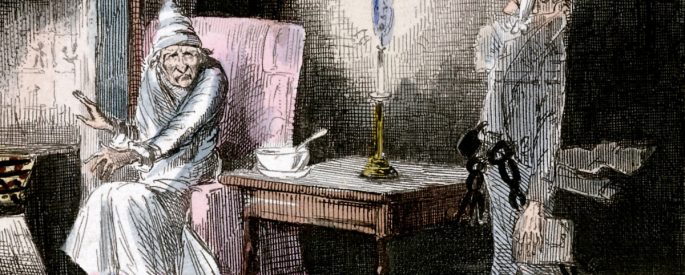
In 1843, Dickens read a report from the Parliamentary Commission on the Employment of Women and Children and was horrified by its findings. He resolved to write “something to strike the heaviest blow in my power” on behalf of those he saw as the innocent victims of the Industrial
The Cozy Horror of the Fairytale Mode in The Pillowman
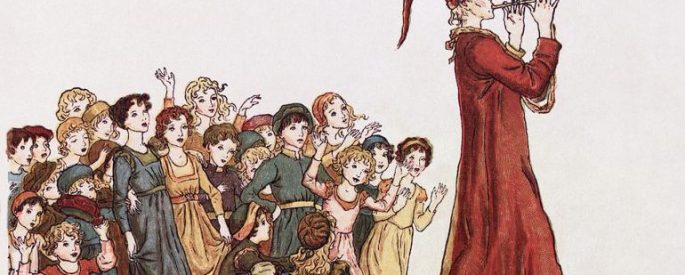
The line between fairytale and other narrative modes is one between distance—emotional and temporal—and immediacy. Martin McDonagh’s 2003 work consistently plays across this line, retreating from and then suddenly foregrounding moments of visceral horror.
Uncanny Masculinities
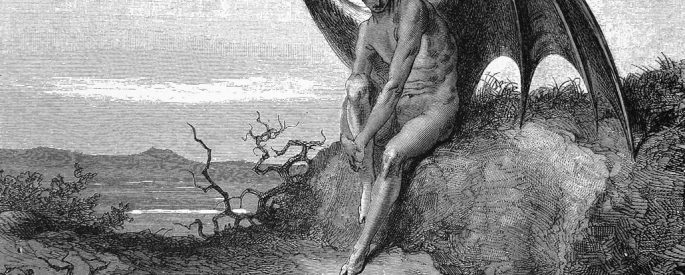
If someone were asked to discuss contemporary British masculinity, it is unlikely that they would begin with superstition and folklore, yet that is precisely the framing this topic receives in novels by Sarah Moss and John Burnside.
Shakespeare’s Scheming Women
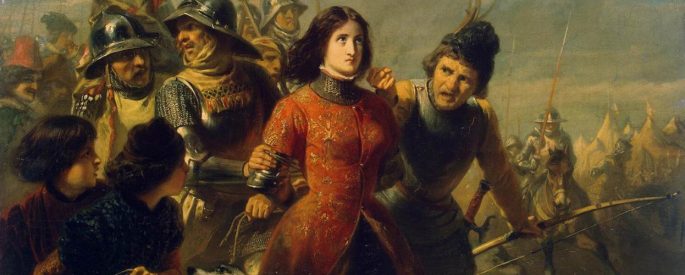
Before Lady Macbeth took center stage as Shakespeare’s leading femme fatale, the bard experimented with a number of scheming women, most notably in his first works: the trio of history plays covering the tumultuous reign of Henry VI.
Imagination and the American West
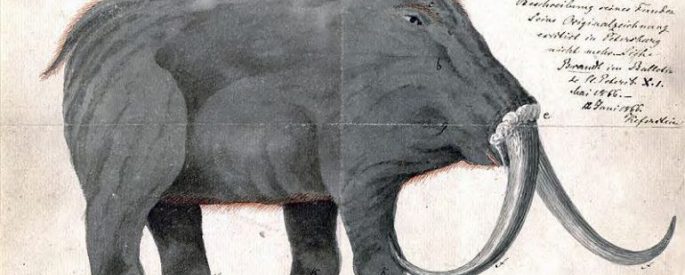
Carys Davies’ debut novel reveals that mythologies often arise from foolish beginnings but that the elevated stories that emerge are no less valuable.
The Unexpected Feminism of Elena Ferrante’s Scorned Woman
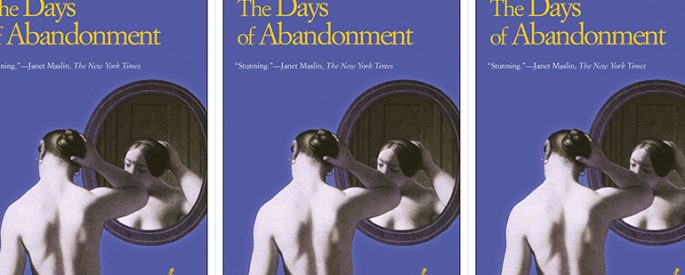
In contrast to many other more contemporary narratives, Elena Ferrante’s 2002 novel does not seek to avoid or minimize the pain of a broken marriage by playing into fantasy and wish fulfillment.
Epicurean Happiness in a Post-Post-Apocalyptic World

Rather than presenting the dystopian vision of a “happy” society in easy opposition to an implied non-dystopic iteration, Nicola Barker interrogates the boundaries between the two, asking if there is, in fact, something desirable in the dystopic vision—and if the alternative—perhaps a society we recognize—is really better.
Art and Power in Julian Barnes’ The Noise of Time
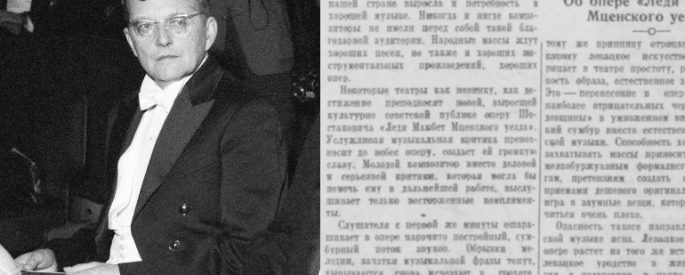
Music is represented in Barnes’ novel, a fictionalized biography of the Russian composer Dmitri Shostakovich, as a means of propaganda and control, a means of subverting that propaganda, and as a pure art form, free from the petty politics of history.
The Fiction of Genius
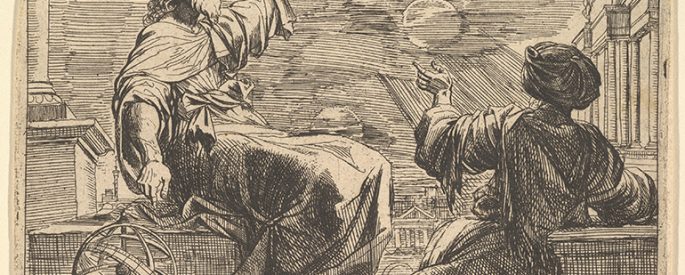
The social cost of the fiction of genius, which upholds the elite few as inherently more brilliant than everyone else, regardless of underlying biases and inequalities, is unknowable. Helen DeWitt nevertheless captures a sense of this loss across her novel with equal parts fire, humor, and grief.
- 1
- 2